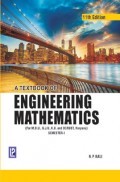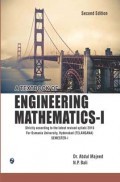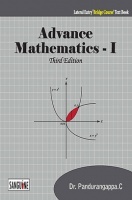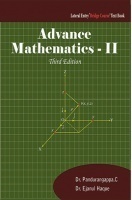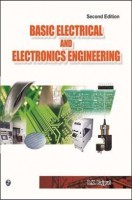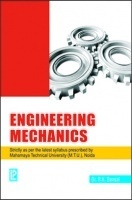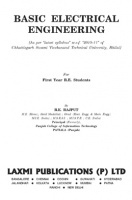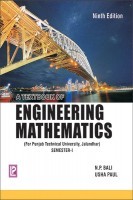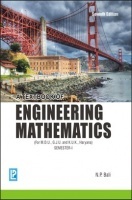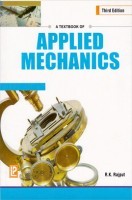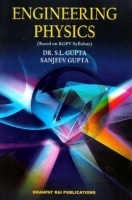This book is designed to meet the course on Engineering Physics Practical of engineering curriculum for the First Year engineering students. Laboratory work is an important part of the process of learning physics where students apply their knowledge practically. As no textbook available on the market on Engineering Physics dealt with the experimental part in detail and so in the classroom lecture, the authors bring out this book.
The authors present this book in a very lucid style such that even a below average student can understand the concepts and procedures of the experiments without much strain and is motivated to learn the concepts and principles with more zeal and interest. This volume examines twenty six practicals with the details of their aim, apparatus required, principle, procedure, observation, result, discussion, etc.
This book is designed to meet the course on Engineering Physics Practical of engineering curriculum for the First Year engineering students.
Written in a student-friendly manner the book is enriched with the following features:
-
Twenty-six experiments covering the whole syllabus of Engineering Physics
-
Detail of applications of instruments related to the experiment
-
Detail theory of the principle of experiment
-
Viva voce questions on all the experiments
-
Precautions to be taken while conducting the experiment
-
Straight forward approach to illustrate the concepts of experiments
The book is mainly aimed for the First Year B.Tech. students of Jawahar Lal Nehru Technological University and all its affiliated colleges in Andhra Pradesh. The subject matter of the book is organized in such a way that all undergraduate engineering students of various other universities may also be benefitted.
1.Vernier Calipers
2.Screw Gauge
3.Spherometer
4.Coupled Oscillator
5.Volume Resonator
6.Sonometer Verification of Laws of Stretched Strings
7.Frequency of AC Supply
8.A.C. Sonometer - Electromagnet Method
9.Newton Rings
10.Parallel Fringes
11.Diffraction Grating
12.Dispersion of Light
13.Torsional Pendulum
14.Spectrometer - Determination of Cauchy's Constants
15.Lasers - Diffraction due to a Single Slit
16.Lasers - Diffraction due to a Double Slit
17.Numerical Aperture of Optical Fiber
18.Diffraction due to Single Slit (Sodium Light)
19.Diffraction due to Double Slit (Sodium Light)
20.Study of Losses in Optical Fibres
21.Meldes Experiment
22.Magnetic Field along the Axis of a Current Carrying Circular Coil - Stewart and Gee's Method
23.Energy Gap of Material of a pn Junction
24.Study of Time Constant for RC Circuit
25.The Series RLC Circuit
26.The Parallel RLC Circuit







